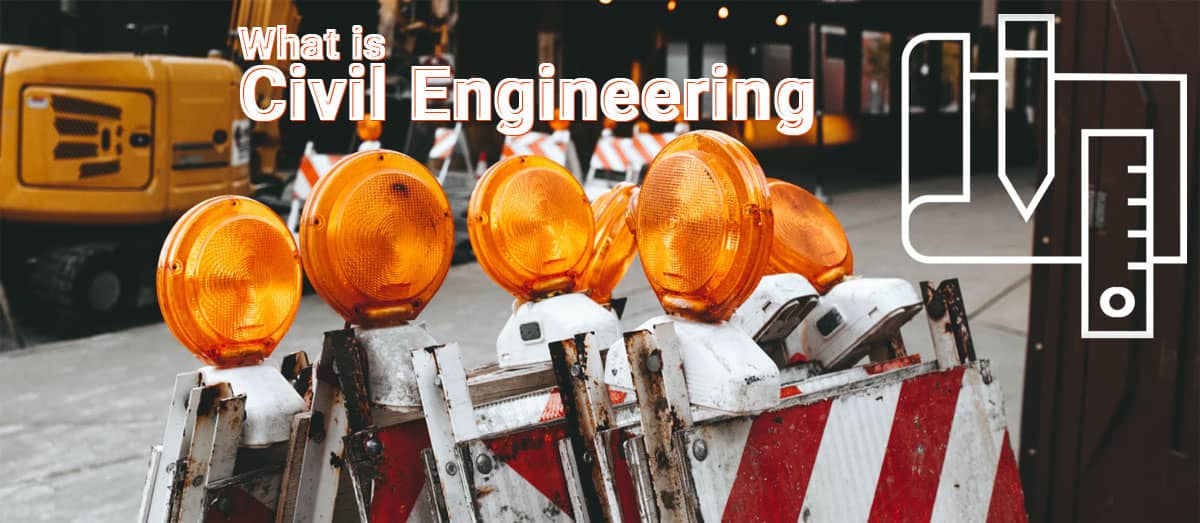What is Civil Engineering
Civil engineering - the Past, Present, and the Future
Civil engineering is one of the most oldest study we have ever known. From Harappa civilization to the pyramids of Egypt the exploration of space, civil engineers have kept on innovating themselves to the challenges of the future advancing civilization and building our quality of life.
Engineering has developed themselves from observations of different natural and constructed stages react and from the development of basic equations that have given bases of design. Civil engineering is the wildest of the engineering fields which includes different types of foundation. Previously , engineering was separated into only two fields military and civil. Civil engineering is still a canopy which comprised of many related specialties.
In modern days, civil engineering is a vast area of engineering which includes the planning of construction, and maintaining of fixed asstes, or public works which are related to earth, water, or civilization and their ways.
Nearly all civil engineering , at present manages infrastructure, for example bridges, roads, railways, water supply power , structure, environment , irrigation, , sewer, flood control a civil engineering may be considered as the occupation that makes the world a more pleasurable location in which to live. Civil engineering is regarding society welfare, evolution and advancement.
In coming times we as a nation will be observing matters with space, energy, the environment, and our capability to communicate with and compete in the global economy. As machination revolution widens up, as the world's is increasing, and as environmental concerns mount, engineers skills will be needed. Whatever area they select, design, construction, research, teaching, or management offers a wide range of profession choices. Establishing a long-term development and maintenance plan must become a national priority. But in the short term, small steps can be taken by the Congress, as well as state legislatures and local communities, to improve our nation's failing infrastructure.

